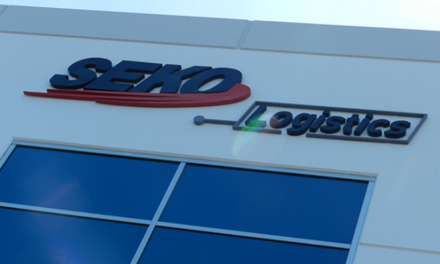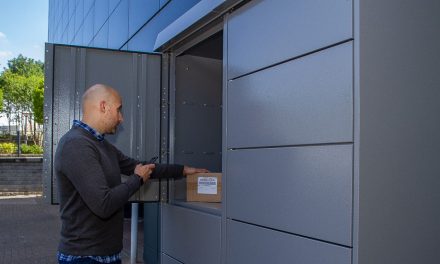
Director Interview: PocketMobile, ALK & GTS Systems and Consulting

In the run up to the Post&Parcel Live: Futuristic Logistics Seminar, our editors caught up with some of our keynote speakers ahead of the event. Mikael Wallstedt is the business development manager at PocketMobile and ALK and Tore Grunert is Owner Partner at GTS Systems and Consulting. ALK Technologies is a transportation technology company, PocketMobile is a leading supplier of last mile delivery software solutions and GTS is a company specialised in optimisation solutions for transport and logistics. We caught up with Mikael and Tore to get their thoughts on last mile optimisation software and the future for last mile delivery.
P&P – What are the proven benefits of having last mile optimisation software? E.g. is it more efficient, is it worth investing in now and if so, why?
Tore Grunert, GTS – It enables faster planning and scenario analysis. It creates routes that are better balanced in terms of workload. It saves costs by reducing the number of routes and the mileage of the routes. This leads to better quality and reduced costs.
Mikael Wallstedt, PocketMobile and ALK – There are two obvious reasons that one cannot ignore. The first one is that the consumer’s requirements have become much more advanced lately. As an example, on demand delivery of fresh fruit with an accurate ETA 15-minute time window, is simply not possible to achieve without using modern computer technology. The other is that new software technology provides competitive advantages. The cost per stop can significantly be reduced because of an optimised route. Without using new software optimisation tools, it often is very difficult for last mile delivery companies to cost-efficient compete with other that are using new technology.
P&P – How often should a delivery company look to improve their software? Why?
Tore Grunert, GTS – We think this should be a permanent process within any company. Many innovations have been developed in the last ten years.
Mikael Wallstedt, PocketMobile and ALK – The software should be improved as often as it makes sense. For some companies and cases this could mean every 10 years, while for others a six months renewal cycle is a must.
Interested in the Future of Logistics?
ALK, GTS and PocketMobile are sponsoring the Post&Parcel Live: Futuristic Logistics Seminar at the Hallam Conference Centre in London on May 15th 2018. If you would like to hear Mikael and Tore speak, visit the seminar channel for more information. Both of their interviews will also feature in the Futuristic Logistics White Paper alongside speakers from Bosch, the Cross River Partnership, the London Assembly, the Transport Research Laboratory and more.

P&P – How far has last mile optimisation software come in the last 10 years? What are the main improvements?
Tore Grunert, GTS – Improvements in software, hardware and data availability have improved drastically in the last ten years. This means that we can now optimise larger geographic regions using newly developed algorithms and very detailed data. Also, most companies now have better historical data that can be used as input to the optimisation.
Mikael Wallstedt, PocketMobile and ALK – I believe we have seen that the software tools are becoming more and more intelligent. We are now on the tipping point to really leverage AI in a more broader way in last mile delivery.
P&P – What do you see the future of last mile deliveries looking like? How important will optimisation software be?
Tore Grunert, GTS – We believe that the future will be much more dynamic. There will be more definite time windows, shorter delivery lead times and complete real time tracking of all events and live forecasting.
Mikael Wallstedt, PocketMobile and ALK – A very important area in the future last mile delivery is of course enhanced Customer Experience. Today, there is still a large focus on cost-optimization and on time delivery, while in the future, flexibility and personalization are also key requirements. People will require significantly more advanced value-added services as part of the delivery. Software tools are a must to be able to meet the new future market requirements. There are a lot of promising technology and methods – implementation time of the different technologies will however vary.
If you would like to hear more from Mikael and Tore, join Post&Parcel at the Hallam Conference Centre in London on May 15th 2018.












